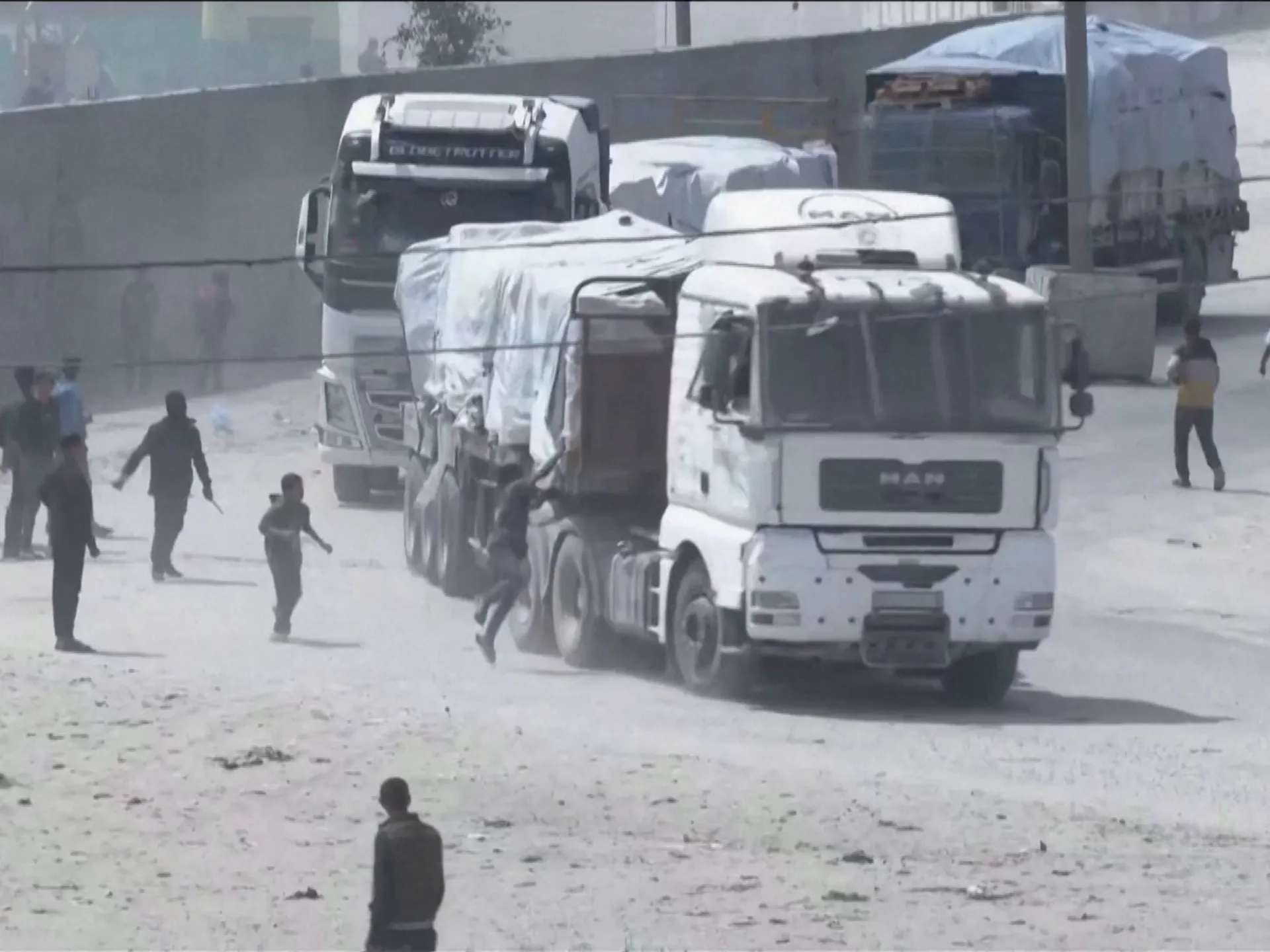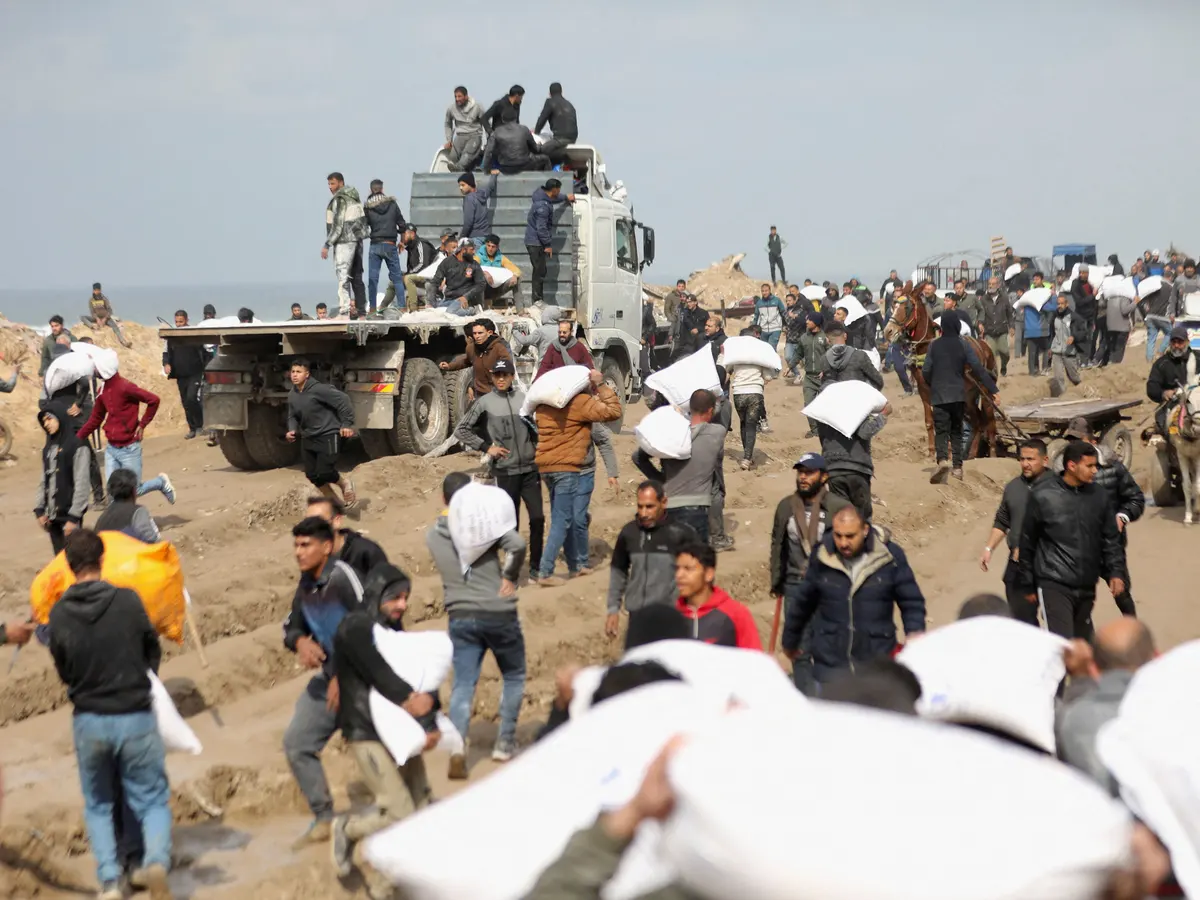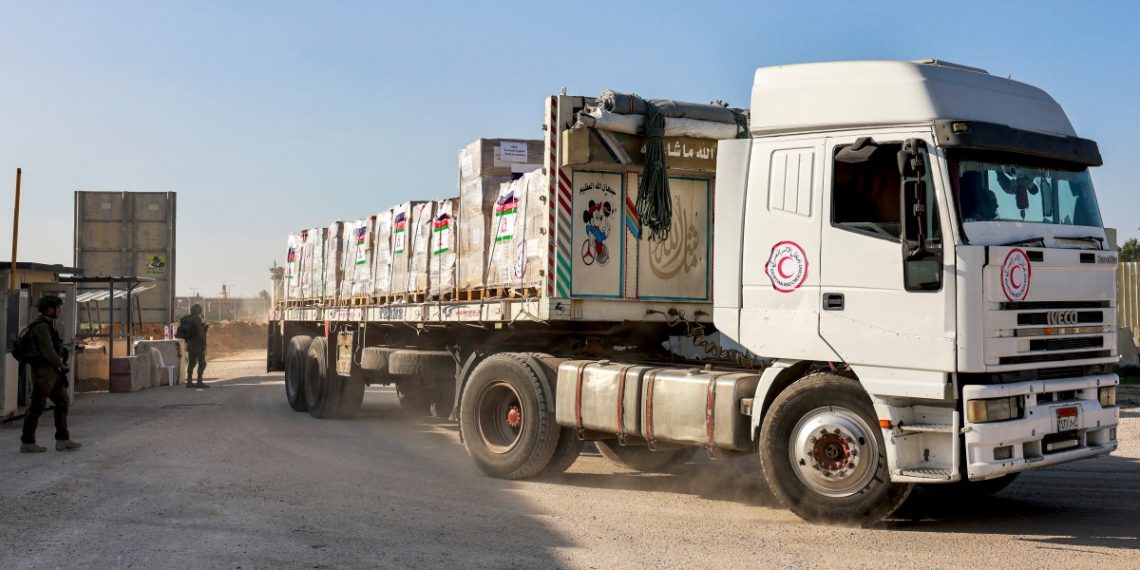Philippe Lazzarini, the head of the U.N. agency for Palestinian refugees, disclosed on Tuesday that the transportation of bodies and detainees from Israel through the Kerem Shalom crossing regularly delays aid deliveries to Gaza.
The worsening humanitarian situation in Gaza has intensified the demand for increased supplies to the enclave, where 1.7 million people are grappling with disease and famine warnings.
Lazzarini highlighted the improved aid supplies into Gaza in April but outlined ongoing challenges, including frequent crossing closures due to the transfer of bodies and detainees by Israel.

UNRWA spokesperson Juliette Touma elaborated on the situation, indicating that Israel had sent 225 bodies to Gaza in three containers since December.
These bodies were then delivered by the U.N. agency to local health authorities for burial, leading to temporary crossing closures. Touma clarified that it was not UNRWA’s responsibility to investigate the circumstances of the deaths.
Regarding detainee transfers, Touma noted that such transfers had occurred “dozens of times,” with some incidents previously reported by Reuters.
Israel’s COGAT, responsible for aid, did not immediately respond to inquiries, and questions on transfers were redirected to Jerusalem by the Israeli diplomatic mission in Geneva.
Addressing aid deliveries, Lazzarini countered claims of UNRWA’s shortcomings, stating that there was a backlog of over 150 trucks awaiting pickup by U.N. agencies at Kerem Shalom.
Tensions between Israel and UNRWA have escalated, with Israel accusing 19 UNRWA staff of involvement in Hamas attacks, leading to military action in Gaza.

Israel’s allegations are under investigation, with no evidence provided to support claims that hundreds of UNRWA staff are affiliated with terrorist groups.
The Kerem Shalom crossing, one of only two currently open between Gaza and neighboring Egypt and Israel, remains pivotal for aid access.
Palestinian authorities have acknowledged Israel’s return of bodies from the Israeli-Hamas conflict, emphasizing efforts to identify and determine the circumstances of their deaths.





